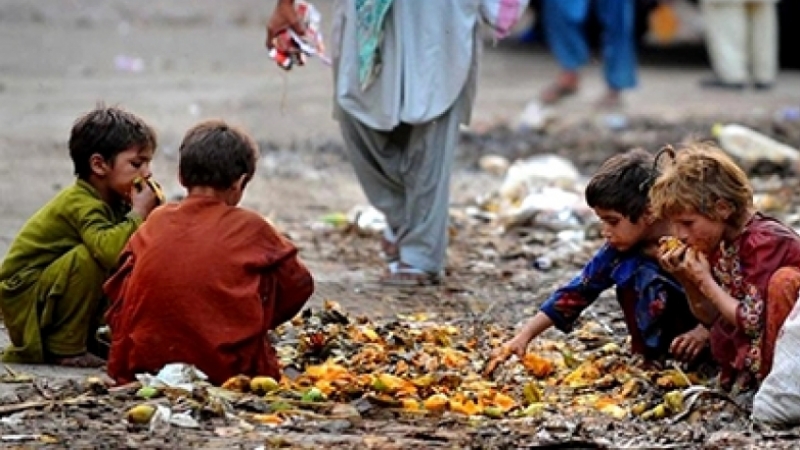
Income inequality and elite privilege is rife in Pakistan and has grown over the decades. The United Nations Development Program brings out annual reports on every country. The latest National Human Development Report (NHDR) for Pakistan is titled “Power, People and Policy” and the report examines the stark income and economic opportunity disparities. “Powerful groups use their privilege to capture more than their fair share, people perpetuate structural discrimination through prejudice against others based on social characteristics, and policies are often unsuccessful at addressing the resulting inequity, or may even contribute to it.”
During the release of the report UNDP’s Assistant Secretary-General Kanni Wignaraja spoke of how “economic privileges accorded to Pakistan’s elite groups, including the corporate sector, feudal landlords, the political class and the country’s powerful military, add up to an estimated $17.4bn, or roughly 6 percent of the country’s economy.”
Activists have long argued that biggest beneficiaries of these privileges have been the richest one percent, the feudal elite, and the business community. According to the UNDP report the country’s richest 1 percent, own 9 percent of overall income, and feudal class, constitutes 1.1 percent of population but owns 22 percent of all arable farmland.
Further, the report found that “the country’s military was found to receive $1.7bn in privileges, mainly in the form of preferential access to land, capital and infrastructure, as well as tax exemptions.”
Furthermore, the UNDP report noted, Pakistan’s military “is also the largest conglomerate of business entities in Pakistan, besides being the country’s biggest urban real estate developer and manager, with wide-ranging involvement in the construction of public projects.”
As the UNDP Assistant Secretary-General Kanni Wignaraja noted: “These things are not neatly separate entities. You do see some of… these are overlapping so you almost get a double privilege by the military. The minute in a country the military is a part of big business, it obviously doubles the issue and the problem.” free adult movies
Finally, the report pointed to the stark reality that, “While the richest 1 percent held 9 percent of the country’s income of $314.4bn in 2018-19, the report found that the poorest 1 percent held just 0.15 percent. Overall, the richest 20 percent of Pakistanis hold 49.6 percent of the national income, compared with the poorest 20 percent, who hold just 7 percent.”
![]()





